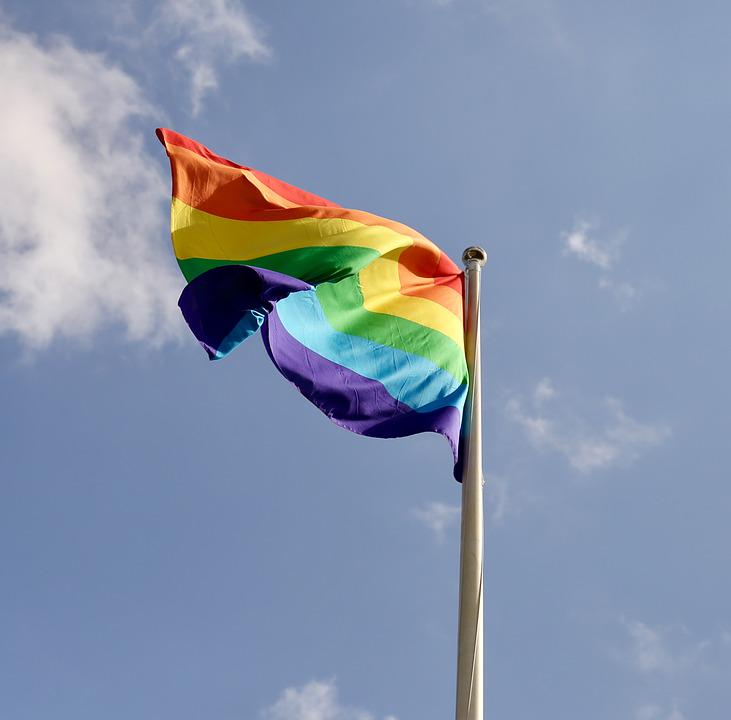A South Korean Sergeant, who refuses to tell his real name and exact rank, speaks out to the media with regards to the charges that he is now facing for having a sexual affair with another man, a crime within the South Korean military punishable by up to two years in prison. According to the sergeant, he said he was afraid the South Korean military would find out he was talking to the media.
The sergeant is part of a wider investigation regarding human rights violations in the South Korean military, which human rights groups are calling the homophobic witch-hunt, an accusation the military rejects.
Homosexuality is not illegal for civilians in South Korea; but, human rights groups say the rights of sexual factions are not always protected.
Witch-hunts in the Military
The instigators visited the sargeant in March -- telling him that they knew he was gay and his ex-partner had already admitted to their "crimes."
They asked him deeply very personal and explicit questions, leaving him feeling "uncomfortable and humiliated," the sergeant told CNN.
"The atmosphere was very domineering and humiliating," he said. "I was scared."
The South Korea military and the defense ministry turned down multiple requests for an interview and referred CNN to an earlier statement done in April:
"To keep the military community sound and given the special nature of military discipline, sexual relations with same sex soldiers are being punished as 'disgraceful conduct' under military law."
The military penal code bans homosexual activity under Article 92-6 in order "to keep the military community sound."
Under the law, what qualifies as a "disgraceful conduct," includes same-sex relations between soldiers as akin to sexual assault. One man was convicted last month and was given a six month suspended prison sentence after proven guilty of the act.
In a statement, Amnesty International East Asia director Roseann Rife called for the conviction to be immediately overturned and the group condemned what it described as "an outrageous military gay witch-hunt."
Taiwan, on the contrary, moves closer to legalizing gay marriage.
Gay panic
The recent investigation started earlier this year after a video was posted on social media showing two male soldiers having sexual intercourse.
Since then, according to human rights groups and local media, at least 32 soldiers have been charged. The military; however, declined to give the exact number.
An activist with the Military Human Rights Center for Korea (MHRCK), Lim Tae-hoon, said the military has been using gay dating apps to try and track down these homosexual soldiers.
The unknown sergeant told CNN that his phone was taken and its contents were copied. He also claimed that the investigators insinuated that his unit would find out about his sexuality if he refused to comply.
"They knew that I would not want my identity to be revealed so they made me cooperate in the investigation," he said.
An Amnesty representative has called on Seoul to "revoke this archaic and discriminatory provision in the military criminal code," criticizing the government for being slow to protect the rights of sexual minorities within the country.
During the recent election campaign, now-President Moon Jae-in drew intense criticism from LGBT groups after he said he was "opposed" to homosexuality in a televised debate.
Days later he walked that back slightly, saying that it was "still a little early to allow homosexuality within the military" on the ground that South Korean society was not ready for it. He has not mentioned the subject since then.








